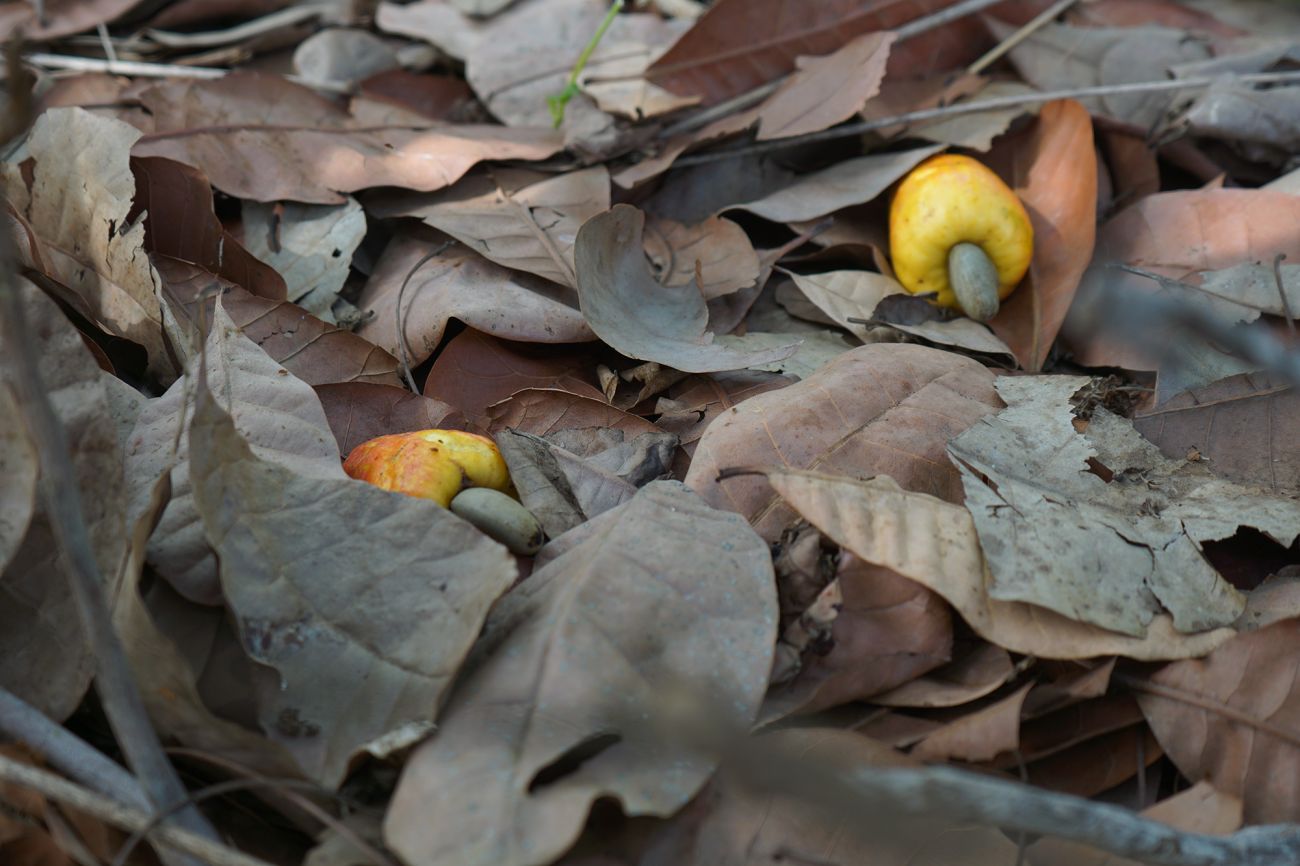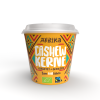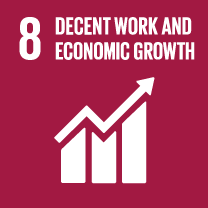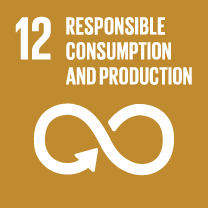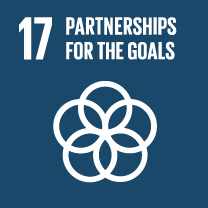Cashews are different to other nut supply chains because they are not always grown and processed in the same country. In fact, significant volumes of the raw cashew nuts are grown in West or East Africa and then get transported to Vietnam or India for cracking and shelling to obtain the cashew kernel. From there, they are exported to manufacturers around the world for final processing such as roasting, salting and/or flavouring, as well as packing before reaching retail stores.
The cashew supply chain is a global and complex journey that few individuals truly know about. The long journey undergone by cashews leads to several challenges such as extra transport and shipping that create greater environmental emissions.
Through our African Cashew Project, cashews are shipped directly from West Africa to the ALDI markets, where they are packed and sold, therefore shortening the supply chain whilst maintaining the same excellent quality and taste. By sourcing directly in the country of origin, we not only succeed in reducing supply chain emissions and complexity, but we also support existing processors and help to improve the livelihoods of farmers, factory workers and their families. In this way, value is reinvested into the community and supports the financial independence of the pre-dominantly female workforce on the farms and in factories.
